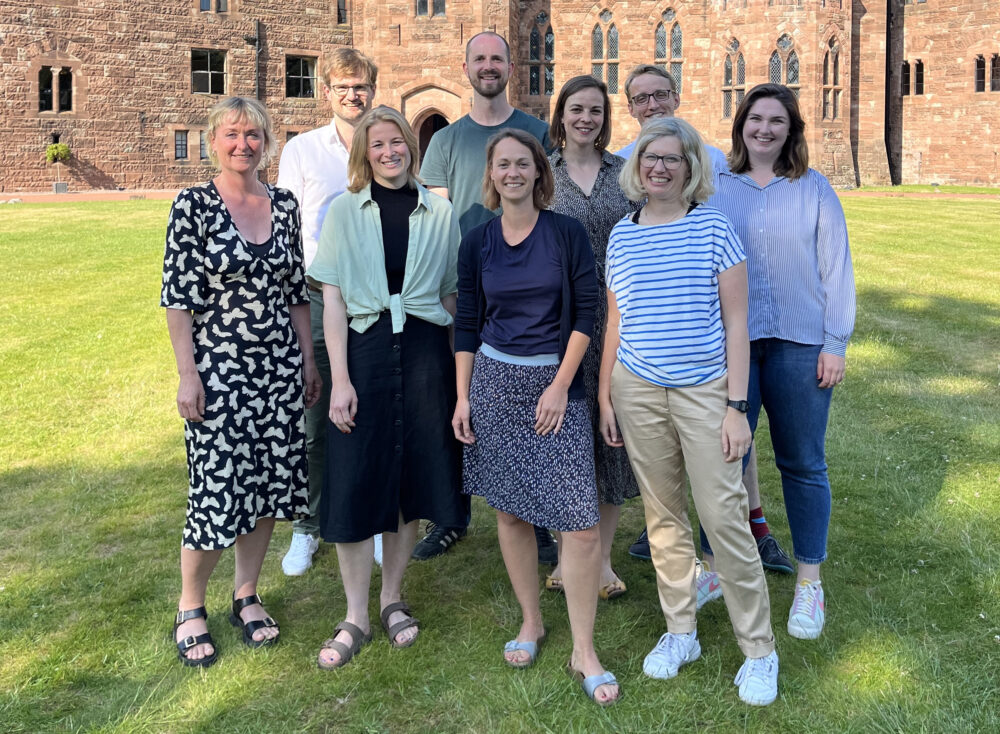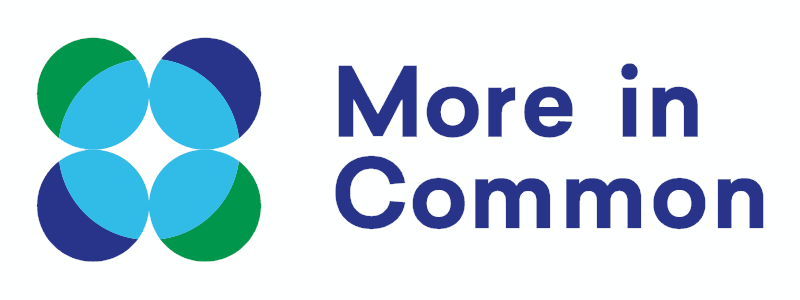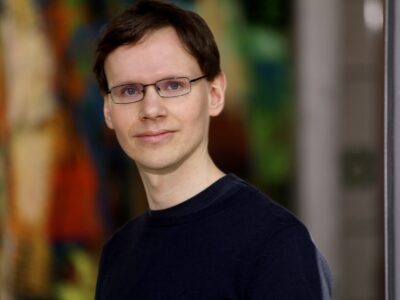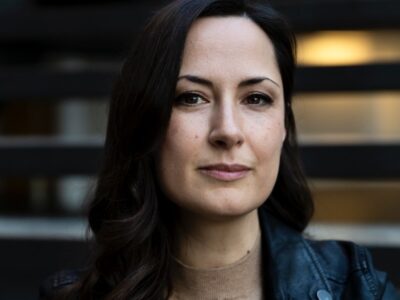Questions for Publix resident "More in Common"
We are introducing the organisations that are moving into the Publix building. Featured this time is the team of More in Common.


What is the main focus of your work?
We regularly carry out research and publish articles about the concerns of people in Germany, and about how this knowledge can be used to strengthen liberal democracy and social cohesion. Together with our partners, we put the findings from research into practice and develop joint projects – for instance, as part of our "Werkstatt für Begegnung & Zusammenhalt" ("Lab for Social Cohesion"), which is moving into the Publix building with us.
What is the ultimate goal of your work?
The name of our organisation reflects our vision. We want to contribute to a united, inclusive and strong society in which people see that more unites them than divides them. Our goal is a society that is united and resilient in the face of social change, but at the same time retains its constructive ability to debate.
What is your contribution to a pluralistic media landscape?
Our task, as we see it, is to highlight the diverse perspectives that should also be represented journalistically, and to this end we maintain a dialogue with various media organisations. We also believe that it's important to keep flagging up topics that deserve more public attention and awareness.
Who or what deserves more attention?
In our research we have identified a part of German society that often feels unheard and overlooked, is poorly integrated into society, and is therefore more difficult to reach. We refer to these people as the "invisible third". In our view, reintegrating these people is an important duty of all democratic forces.
What is your favourite project of the past few months?
With all the worries that people carry around with them, we want to foster greater confidence. At the start of the year we launched the future quiz "Talking about tomorrow", in which people rate fictitious headlines about the future and compare themselves with respondents from our surveys. We are delighted that many people are using the quiz as an inspiration for discussing the future across social dividing lines.
What does journalism need most at the moment?
We believe that there are currently very different perceptions of what journalism is, what it can and should do, and what constitutes future-orientated journalism. In our view, the roles played here need to be clearly defined.
What is the best reading material on the current situation? What should we be watching and listening to?
We had a quick browse through our Slack channel, where we regularly share tips on films, podcasts and articles. There's the documentary "20 Days in Mariupol", which has just won an Oscar and which reports on the Russian attack on Ukraine from a journalistic perspective. There is also the "tagesschau" podcast "Mal angenommen" (“Let’s imagine”), which looks at possible future scenarios. Most recently, a text by Naika Foroutan from DIE ZEIT was also shared: "Germany doesn't like us, no matter what we do", which is about why many migrant voters are drawn to the AfD.
What are your hopes for the Publix initiative?
We are looking forward to an exciting network in which we can learn a lot from each other. We want Publix to be a place where we can scrutinise heated debates and current issues together. We think it's important that we maintain a dialogue with the world around us: focusing on people, staying on equal terms, looking and listening.

